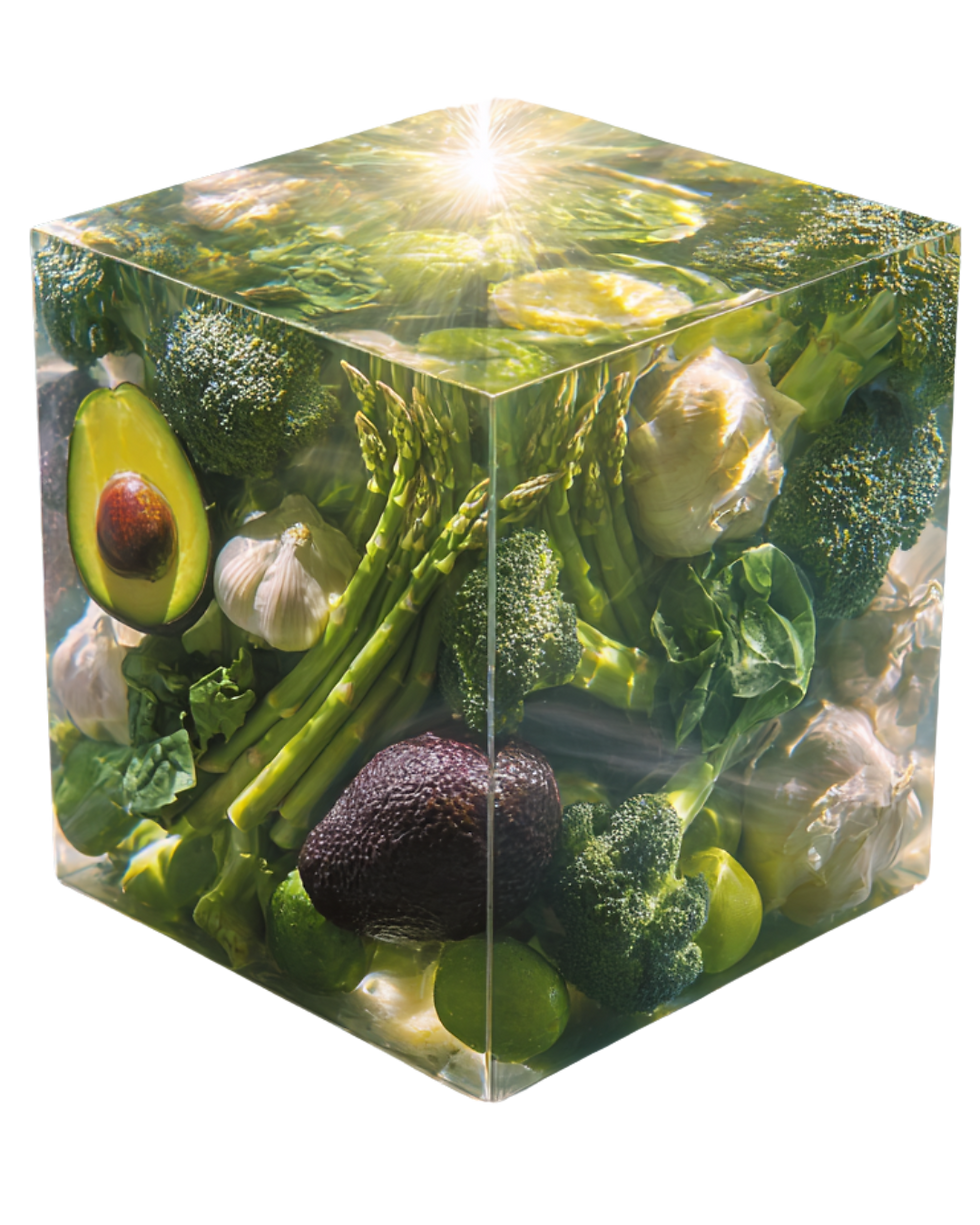Choosing an Antioxidant: Glutathione vs. Vitamin C?
- Admin main
- Sep 5, 2025
- 3 min read
When it comes to protecting your health, antioxidants play a crucial role in supporting your immune system, fighting free radicals, and promoting overall wellness. Among the most powerful are glutathione and vitamin C—two nutrients often discussed side by side. But which one is right for your needs?
Explore the benefits of each, and how compounded vitamins can help optimize your wellness strategy.
What Is Glutathione?

Glutathione, often referred to as, the “master antioxidant” due to its critical role in maintaining cellular health. Naturally produced in the liver, it supports detoxification, regulates immune response, and neutralizes harmful free radicals.
Supplemental glutathione for immunity has gained attention for its potential to:
Strengthen immune defenses during times of stress or illness
Reduce oxidative stress that contributes to chronic conditions
Improve skin health and brightness
Support liver function and detoxification
Glutathione, while naturally produced in the body—levels decline with age, poor diet, stress, and environmental toxins, making supplementation an important consideration.
What Is Vitamin C?

More than your weekly orange! Vitamin C is one of the most widely recognized antioxidants, known for its role in collagen production, wound healing, and protecting against infections. As a water-soluble nutrient, it helps shield cells from oxidative stress while also regenerating other antioxidants, like vitamin E.
Supplementing with vitamin C antioxidants can:
Boost immune system resilience
Shorten the duration of colds and infections
Promote skin elasticity and wound repair
Support cardiovascular and brain health
Unlike glutathione, the body cannot make vitamin C, so regular intake through diet or supplementation is essential.
Asparagus, avocado, and spinach are naturally rich in the antioxidant glutathione. You’ll also find it in broccoli, garlic, onions, and other cruciferous or allium vegetables. In addition, sulfur-rich foods like meat, fish, and eggs. Spices such as turmeric, can also help the body enhance its own natural production of glutathione.
Glutathione vs. Vitamin C: Key Differences
Both antioxidants are vital, but they serve slightly different functions in the body:
Strength of antioxidant activity: Glutathione directly neutralizes free radicals and recycles other antioxidants, making it a cornerstone of cellular protection.
Immune system support: Vitamin C enhances white blood cell activity, while glutathione maintains immune balance and reduces inflammation.
Production in the body: Vitamin C must be consumed through food or supplements, whereas glutathione is produced internally—but production naturally declines with age.
Specialty benefits: Glutathione is often used in detoxification and skin health protocols, while vitamin C is key for collagen production and tissue repair.
Are Compounded Vitamins Right for You?
Every individual has unique health needs, which is why compounded vitamins can be so valuable. Compounding gives pharmacists the ability to:
Customize dosage forms (capsules, creams, injectables, or lozenges)
Combine nutrients like glutathione and vitamin C into one formula for synergistic benefits
Adjust strengths to meet your personal health goals
Avoid unnecessary fillers, dyes, or allergens
We work with providers to create personalized antioxidant therapies that maximize your wellness and immunity.
The Bottom Line
There’s no umbrella answer when it comes to glutathione vs. vitamin C.
Both are powerful antioxidants with unique roles in protecting your body and enhancing your immune system. For many people, a combination—delivered through compounded vitamins—offers the most comprehensive support.
If you’re curious about which option is right for you, talk to your provider and our compounding pharmacy team about a tailored approach. Together, we can create a supplement plan that matches your health goals.
References
Richie JP, et al. "Randomized controlled trial of oral glutathione supplementation on body stores of glutathione." Eur J Nutr. 2015.
Franco R, Schoneveld O, Pappa A, Panayiotidis MI. "The central role of glutathione in the pathophysiology of human diseases." Arch Physiol Biochem. 2007.
Carr AC, Maggini S. "Vitamin C and immune function." Nutrients. 2017.
Naidu KA. "Vitamin C in human health and disease is still a mystery? An overview." Nutr J. 2003.
Lykkesfeldt J, Poulsen HE. "Is vitamin C supplementation beneficial? Lessons learned from randomised controlled trials." Br J Nutr. 2010.






Comments